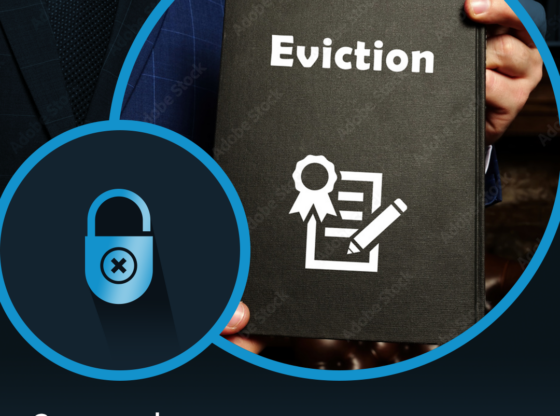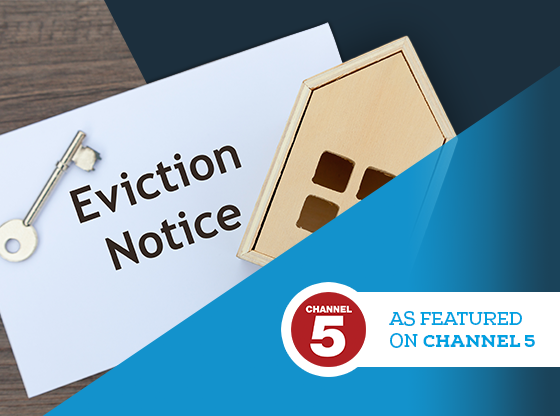The Ministry of Housing, Communities & Local Government has confirmed that the courts are to suspend all possession proceedings for 90 days.
As of 26 March 2020, landlords will have to give all tenants no less than 3 months’ notice. The Coronavirus Act of 2020 confirms that:
- All landlords are required to give their tenant no less than 3 months’ notice.
- This applies to assured shorthold tenancies, protected and statutory tenancies, secure tenancies, assured tenancies, introductory tenancies, demoted tenancies and licenses which are protected by the Protection from Eviction Act 1977.
This does indeed mean that the common notices, such as a section 8 or 21 notice, must now provide a tenant with at least 3 months notice before the landlord could issue a claim for possession. The Act also gives the secretary of state the power to extend the notice period from 3 months to 6 months.
As of 27 March 2020, following a decision by the Master of the Rolls with the Lord Chancellors agreement the court service will suspend all ongoing housing possession action.
This means that neither cases currently in the or any about to go in the court system can progress to the stage where someone could be evicted. This suspension of housing possessions action will initially last for 90 days (from 27 March 2020), but this can be extended.
This will apply to both England and Wales.
Tenants are still liable for their rent and should pay this as usual. If they face financial hardship and struggle to pay this, support is available.
The government has also confirmed that it is also committed to supporting landlords, and maintaining the positive partnership between tenants and their landlords. Lenders will ensure support is available where it is needed for landlords. Landlords also have the protection of a 3-month mortgage payment holiday where they have a Buy to Let mortgage.
Landlord Advice UK will shortly be publishing a free downloadable detailed guide on the impact the Coronavirus Act 2020 and the support available to landlords, homeowners and businesses (employers, employees and the self-employed).
Source: Landlord Advice UK
Author: Mark White
Date: 27th of March 2020










